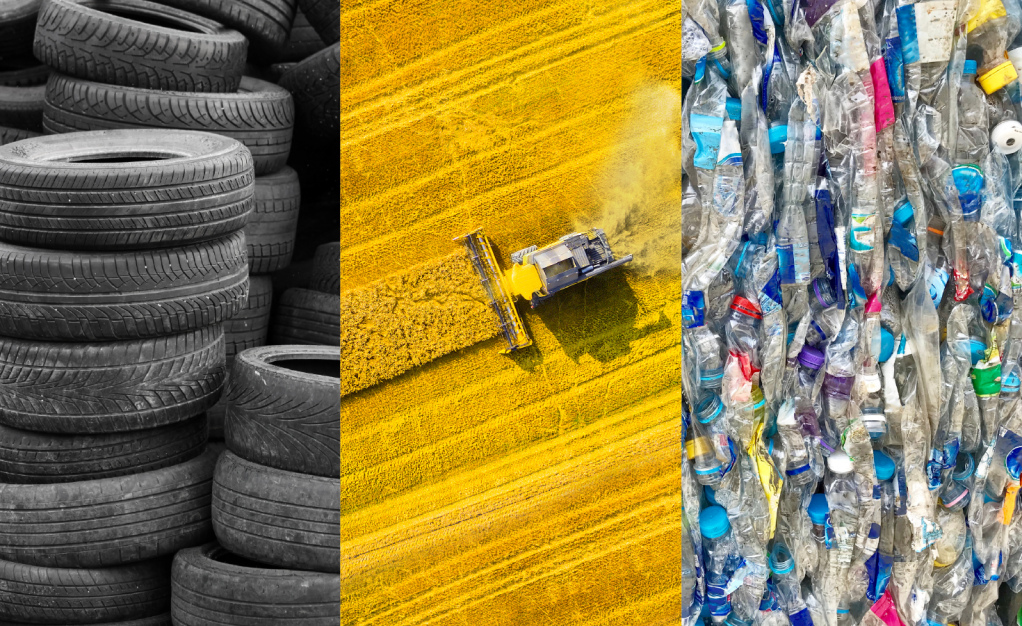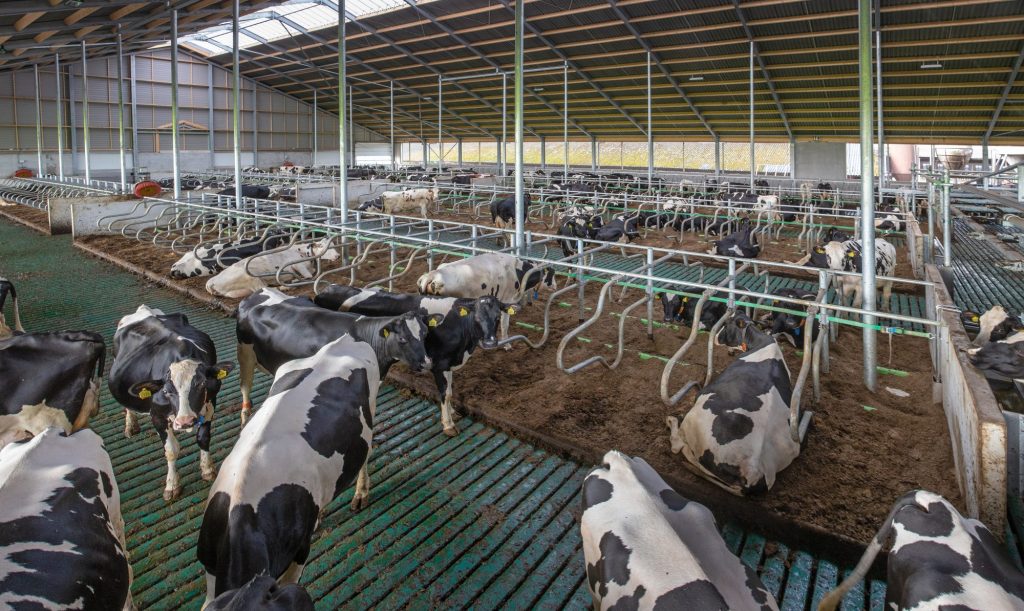
Companies behind dairy industry’s first methane targets show early success
Danone, for one, is on track to cut emissions from its fresh milk supply by 30 percent by 2030.
GE’s Ecomagination at 20: Lessons for today’s sustainability leaders
What one of the world’s largest companies taught us about the need to balance ambition, transparency and genuine transformation.
Where Biodiversity Meets the Bottom Line
Where Capital Powers the Clean Economy


Join the Trellis Network
Now, more than ever, sustainability teams are working in tandem with functions across their organizations. Trellis Network acts as a support system and enabler for members to execute their goals, as core sustainability teams cannot achieve success alone.

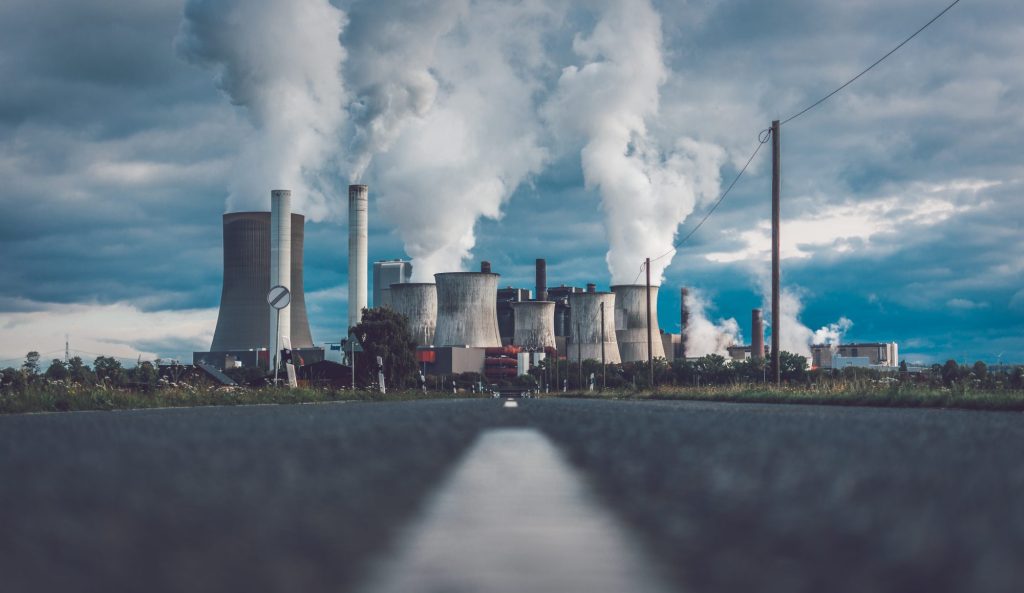
CDP slashes workforce to address rising costs of upgrades and innovation
The company’s technology needs an overhaul as more than 23,000 companies now disclose data to it. Read More
Where Biodiversity Meets the Bottom Line
Where Capital Powers the Clean Economy
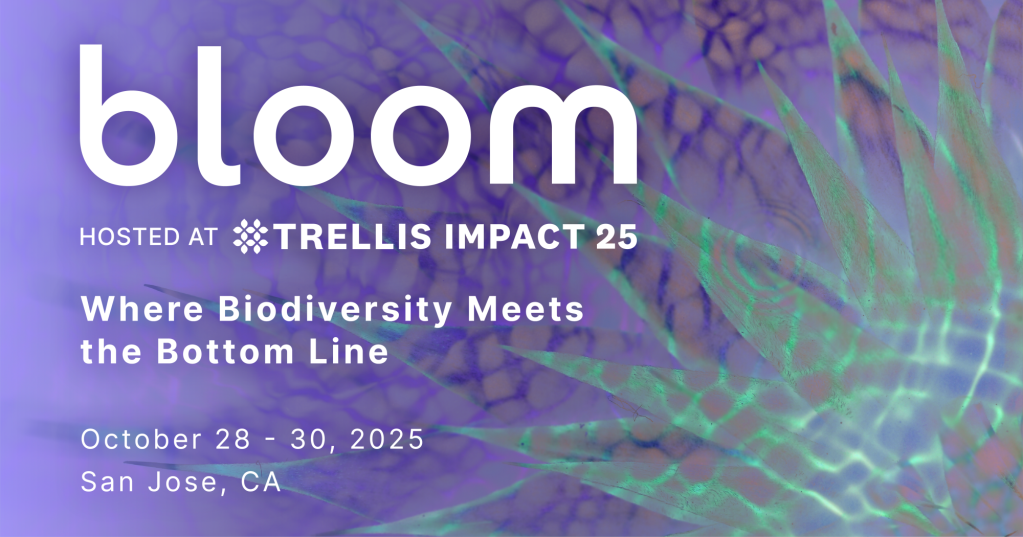
Bloom
Bloom will bring together a vibrant community of thought leaders and practitioners working to implement ambitious nature strategies.
San Jose Convention Center — San Jose, California
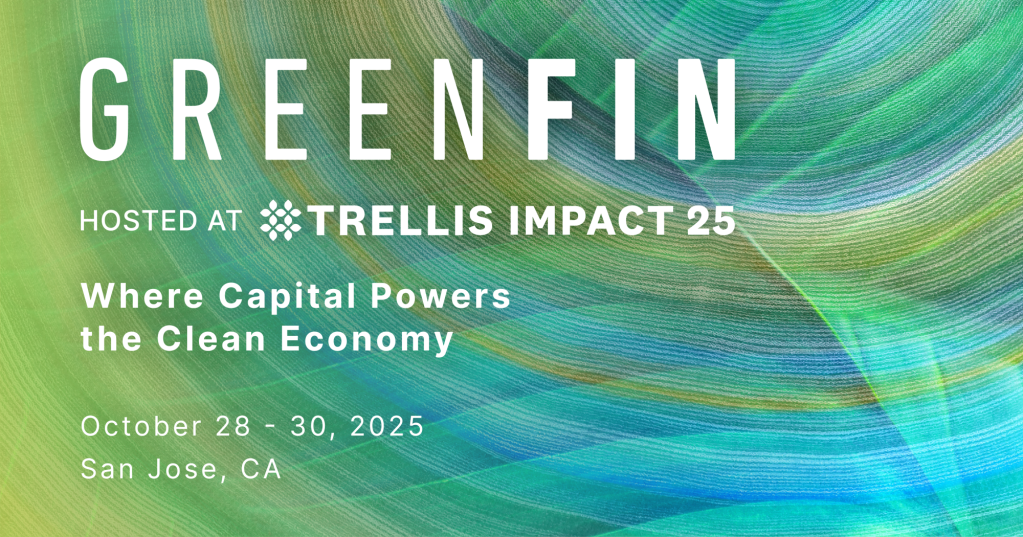
GreenFin
Elevate your organization at GreenFin — Explore Sponsorship Opportunities Showcase your leadership Become a Sponsor
San Jose Convention Center — San Jose, California
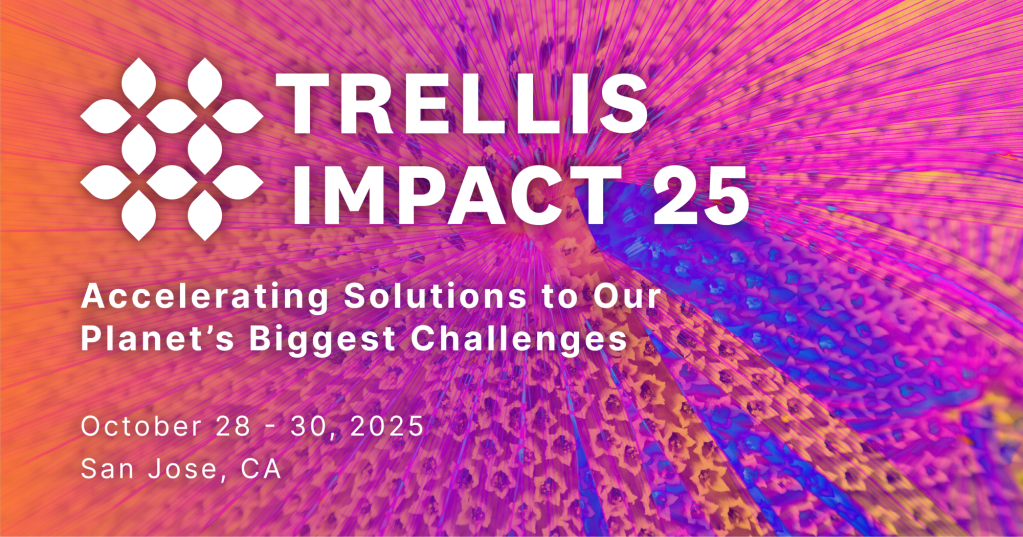
Trellis Impact
Accelerating Solutions for the Circular Economy
San Jose Convention Center — San Jose, California
Learn what business leaders are doing today to mitigate the climate crisis. Straight to your inbox.
Get real case studies, expert action steps and the latest sustainability trends to help you do your job, in a concise morning email every Monday to Thursday. Join 50,000+ readers.
